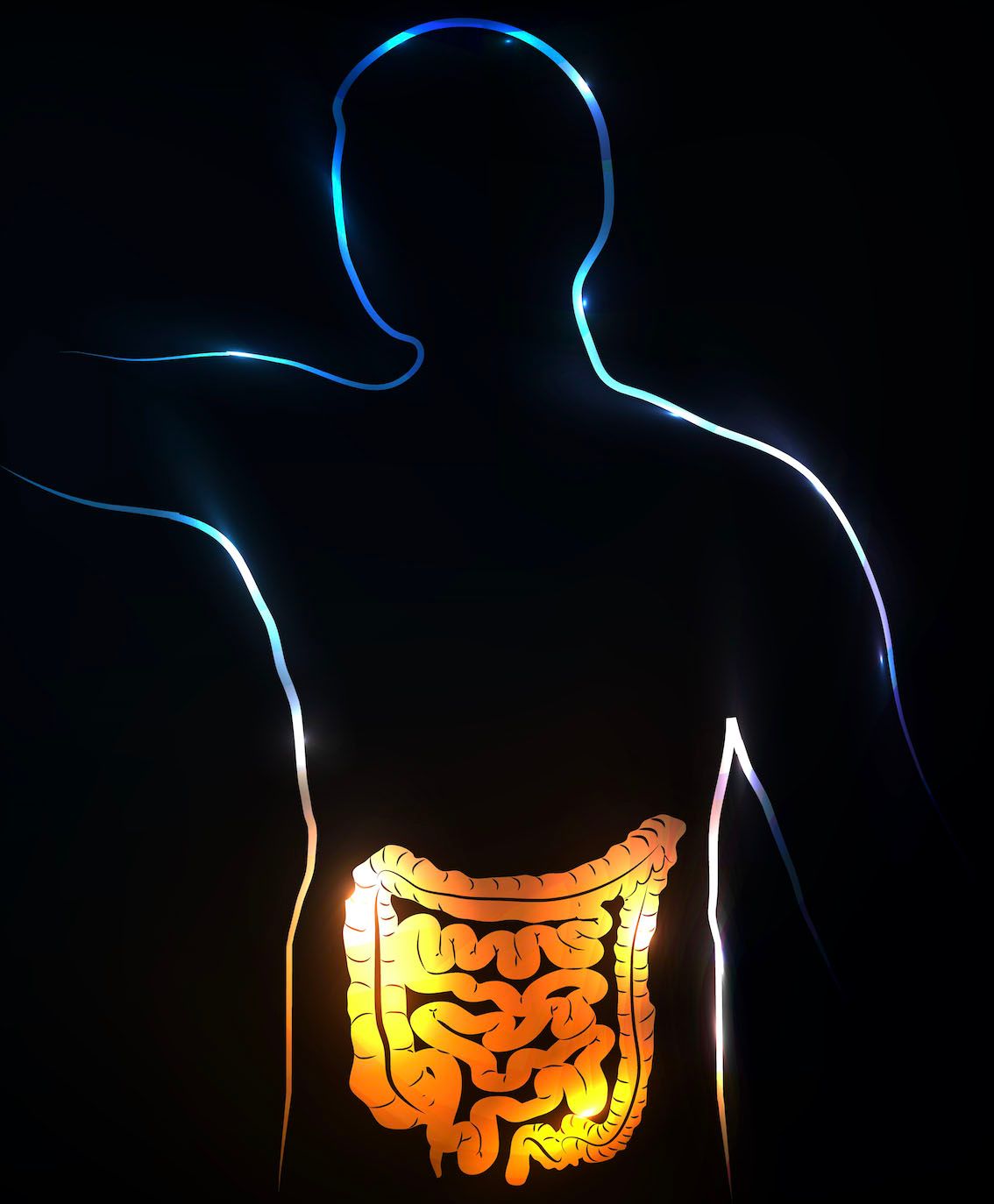Implications Arise for Combined Genomic and Epigenomic ctDNA Analysis for CRC Detection
“This combined genomic and epigenomic plasma-based ctDNA test continues to demonstrate high sensitivity and specificity which significant implications for its clinical utility of CRC detection,”

A genomic and epigenomic plasma-based circulating tumor (ctDNA) assay, LUNAR-2, demonstrated high sensitivity and specificity, which has significant clinical utility implications for the detection of colorectal cancer (CRC) in colonoscopy-screened patients.
Observed specificity was higher with colonoscopy screened negative controls versus self-declared cancer-free controls for the detection of CRC, and specificity was improved from 89% to 94%, according to findings from an analysis presented by Jason Dean, PhD, senior bioinformatics scientist, Guardant Health at the 2020 Digestive Disease Week meeting. This was consistent with previously reported data that demonstrated 90% sensitivity and 89% specificity in a cohort of patients with CRC or who are self-declared CRC-free; the specificity was 84% for stage I, 90% for stage II, 95% for stage III, and 100% for stage IV.
The assay was designed to achieve a 90% specificity, and in the study, the test reached 91% specificity in colonoscopy-screened negative control and an 89% specificity in self-declared cancer-free controls. Overall, specificity in 105 subjects with stage I-IV CRC including self-declared cancer-free controls and colonoscopy-screened negative controls, was 90% at 91%, respectively. Across the various stage of CRC, the specificity rates were stage I/II (n = 64), III (n = 37), and IV (n = 4), were 89% versus 88%, 97% versus 95%, and 100% versus 100%, respectively. Improvements were similar for specificity targeted models at 95% and 98% as well.
“This combined genomic and epigenomic plasma-based ctDNA test continues to demonstrate high sensitivity and specificity which significant implications for its clinical utility of CRC detection,” Dean said during his presentation. "The performance impact demonstrated by using colonoscopy negative control suggests that previous false-positive samples may correspond with undiagnosed malignancies or adenocarcinomas in unscreened participants. Studies are ongoing to evaluate the performance of the integrated genomic and epigenomic plasma-based ctDNA test for CRC detection and screen regular individuals.”
The study evaluated the clinical performance characteristics of the colonoscopy screened-negative controls. Investigators used multi-modal sources of cDNA signals to improve the detection of CRC.
Overall, blood was collected from 524 patients from 3 categories, including age-matched colonoscopy screened negative controls with blood collected prior to the colonoscopy (n = 185), age=matched self-declared cancer-free controls (n = 196), and CRC-positive cases with blood collected before surgical resection (n = 143). cfDNA was extracted and analyzed with the LUNAR-2 assay, which is a targeted panel optimized for genomic and epigenomic modifications associated with CRC.
Screening approaches to CRC require multiple options to increase patient compliance with the guideline recommendations, and non-invasive blood-based CRC screening procedures are the preferred screening method by patients. However, the currently available modalities do now have sufficient sensitivity and specificity for widespread adoption.
Overall in the CRC Free control arms, 71 patients were included in the training cohort with a median age of 65 years (range, 38-79), and 310 patients were included in the test cohort, in which the median age was 63 years (range, 35-88). The patient populations were mostly female in both the training cohort (54%) and the test cohort (51%).
In the CRC cases, 38 were in the training cohort and 105 in the test cohort, and the median age was 69 years (range, 56 – 87) and 64 years (range, 42-88), respectively. The majority of patients were male in both the training cohort (63%) and the test cohort (60%). All patients in the training cohort were stage IV (100%), while the test cohort consistent of 64 stage I/II cases (61%), 37 stage III cases (35%), and 4 stage IV cases (4%).
These results suggest that for colonoscopy-screened negative controls there may be association between prior false positive samples and undiagnosed malignancies or adenomas in unscreened patients.
Further studies on the performance of integrated genomic and epigenomic plasma-based ctDNA remain ongoing for the detection of CRC in screen relevant patients.
Reference
Dean J, He Y, Raymond V, et al. Plasma-based cell-free circulating tumor DNA (ctDNA) assessment for non-invasive detection of colorectal cancer (CRC). Presented at: Digestive Disease Week 2020; May 2-5, 2020; Chicago, IL.